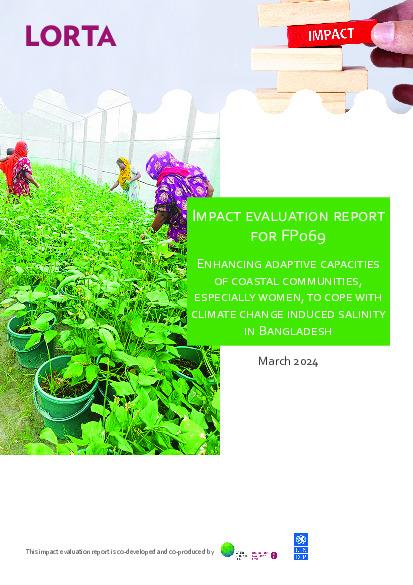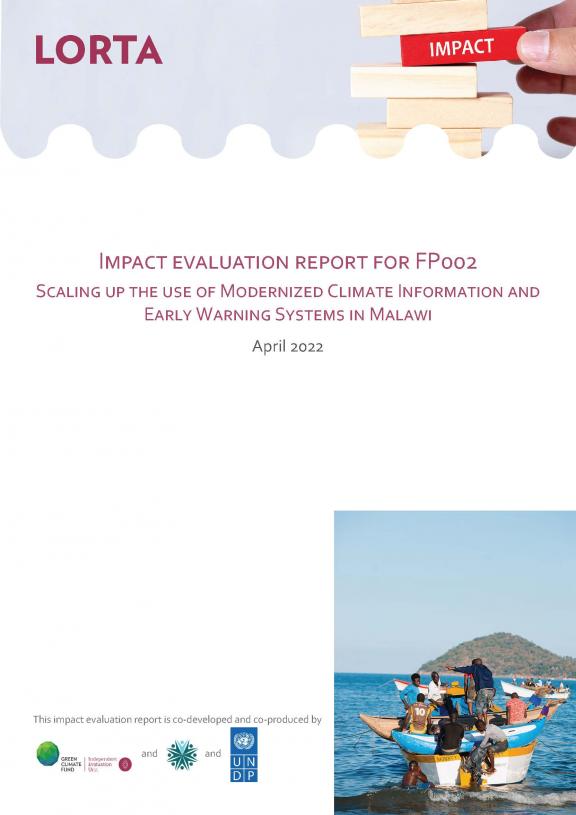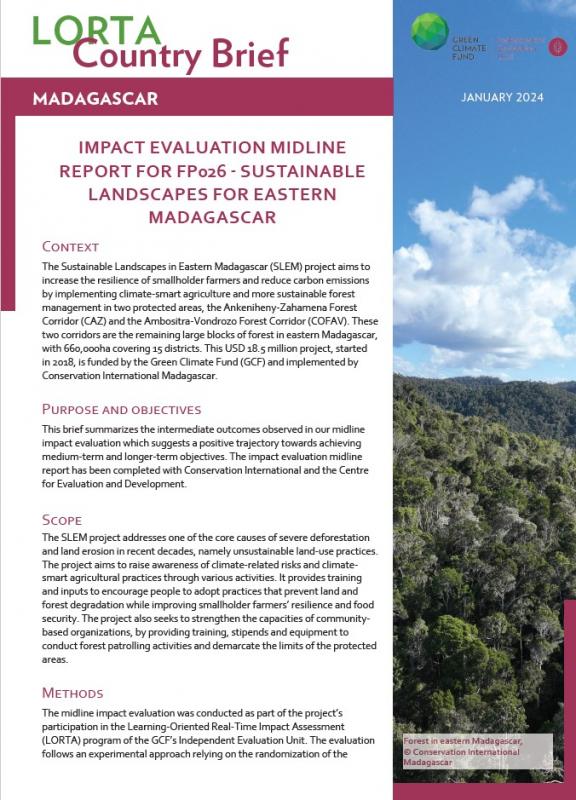LORTA: Impact evaluations
LORTA
The IEU’s Learning-Oriented Real-Time Impact Assessment (LORTA) programme uses best practices in theory-based impact evaluations to build feedback loops and measurement into GCF projects and programmes. The LORTA team employs a rigorous approach to determine the causal effects of interventions on particular outcomes, assisting project teams in understanding what works, identifying effective interventions, and deciding what to scale up. This programme aims to contribute to building high-quality evidence in the climate adaptation and mitigation space.
Learn more about the LORTA programme and team through this video.
To learn more about the programme, click here.
For more questions about LORTA Email LORTA
Featured publications
Impact evaluation report for FP069 — Enhancing adaptive capacities of coastal communities, especially women, to cope with climate change induced salinity in Bangladesh
Read moreImpact Evaluation Report for FP002 : Scaling up the Use of Modernized Climate Information and Early Warning Systems in Malawi
This report assesses the impact of the Green Climate Fund's FP002 "Scaling up the Use of Modernized Climate Information and Early Warning Systems in Malawi".
LORTA Impact Evaluation Midline Brief: FP026 "Sustainable Landscapes in Eastern Madagascar"
This brief summarises the context and findings of the impact evaluation midline report for FP026 "Sustainable Landscapes in Eastern Madagascar".
Impact stories
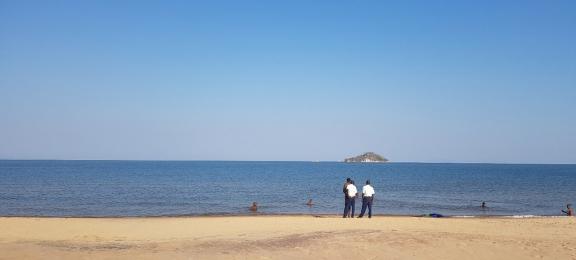
Co-creating an evaluation design: Insights from the field
15 Mar 2019 / Early in 2017, the IEU kick-started its LORTA Programme with a workshop in Bangkok where entities and agencies implementing 15 GCF-approved projects were invited to learn about impact evaluation and constructing evaluation designs. In September, I had the privilege of travelling to Malawi and participating in the scoping mission for one of those projects -- Project FP002: Scaling up Modernized Climate Information and Early Warning Systems to Save Lives and Protect Agriculture in Malawi (M-CLIMES).
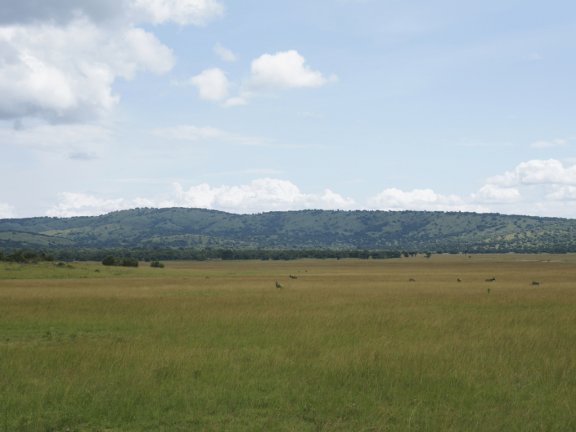
Is the GCF targeting the right beneficiaries?
30 Jun 2023 / As mandated by the Paris Agreement, the Green Climate Fund (GCF) supports developing countries realize pathways towards low-emissions and climate-resilient development. These pathways are described in Nationally Determined Contributions (NDCs), which each Party to the Agreement updates every five years. To support this process, the GCF allocates half of its adaptation programming to particularly vulnerable countries: the small island developing States (SIDS), the least developed countries (LDCs) and African States.
